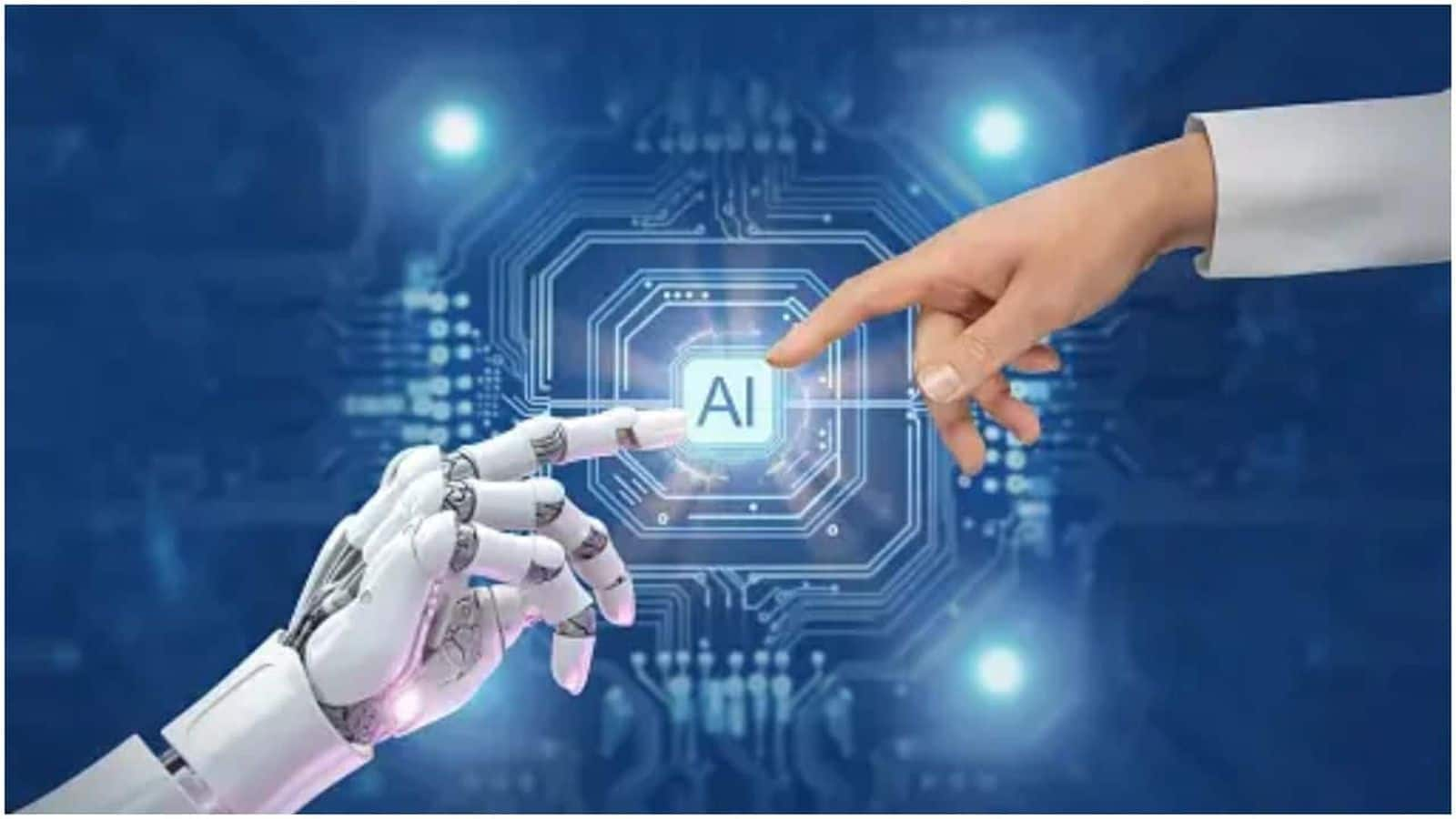
GPT-4o, Gemini could phase out certain BPO roles soon
What's the story
OpenAI's GPT-4o and Google Gemini are now posing a potential threat, to the traditional business model of the business process outsourcing (BPO) industry. Analysts have expressed concern that these emerging technologies could make up to half of the industry's job roles redundant. GPT-4o, an updated model that powers ChatGPT, boasts capabilities to reason across text, voice, and vision, and can engage in real-time conversational speech. This would negatively affect the BPO industry.
AI impact
Impact on BPO sector and job roles
The race among Big Tech companies to dominate artificial intelligence (AI) is intensifying. Infosys's Chief Technology Officer Rafee Tarafdar noted that current applications are already enhancing customer service employees' work. He stated, "The shift will happen where they will start focusing on more valuable creative work." However, an HR expert warned that about half of the job roles might become redundant due to AI automation.
Integration
AI adoption: A competitive advantage or disadvantage?
Aditya Mishra, MD and CEO of staffing firm CIEL HR, highlighted that not all junior-level executive jobs will be automated by AI. However, he warned, "People who are not able to learn...will have to be let go." Early adopters of AI in the BPO sector could surely reduce costs and enhance service delivery. Conversely, firms resisting AI integration may find themselves at a disadvantage, says Mishra. This situation underscores the urgent need for reskilling employees in newer technologies.
Workforce transformation
Reskilling employees is a necessity in this era
Kapil Joshi, deputy CEO of Quess IT Staffing, emphasized that reskilling employees is essential for businesses aiming to balance AI integration with human expertise. He suggested a shift from transactional roles to more analytical and decision-making ones. Meanwhile, Lovely Professional University is testing an AI product expected to go live within two to three months. This action would lead to the shutdown of its call center for everyday tasks. reducing expenses for the university.
Constraints
AI limitations and the need for human touch
Despite AI's potential, there are limitations to what it can achieve. Neeti Sharma, CEO of TeamLease Digital, notes that while AI excels at handling routine tasks, it struggles with problems requiring emotional intelligence and nuanced understanding. She pointed out that calming an irate customer or resolving complex issues often requires a human touch that AI cannot replicate. Sharma also highlighted potential geographic and demographic biases in these large language models originating from the West.
Cost factor
Hidden costs of AI: A significant consideration
While cost savings through AI seem compelling, this perspective overlooks significant hidden costs related to ongoing queries. Satya Gupta, president of VLSI Society of India explained, "Every time you're putting a query to it, there is a cost to that query." He claimed that as AI systems become more sophisticated and power-hungry, the energy costs alone could rival, if not exceed, those of human labor. Despite these challenges, some experts remain optimistic about the impact of AI on manpower plans/budgets.